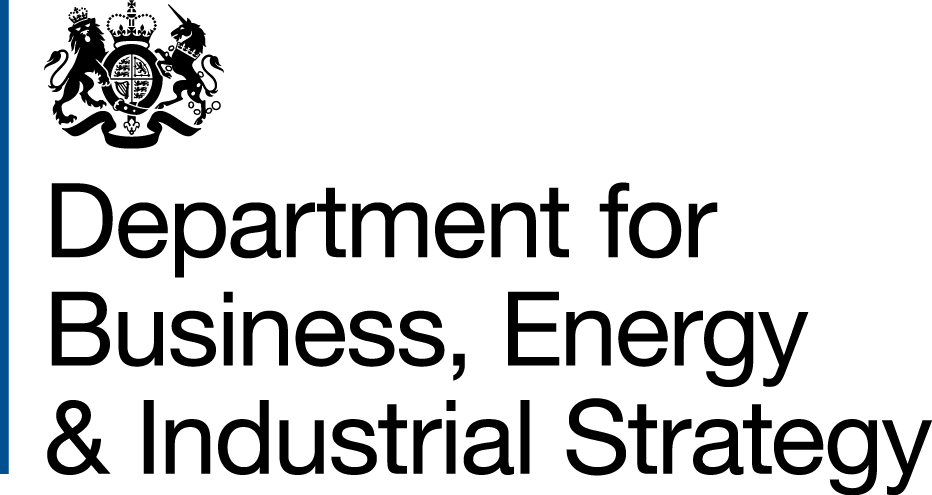Mini-scale Organic Rankine Cycle for Waste Heat Recovery
Drawing from experience on ORC Waste Heat Recovery technology developed for large Diesel engines, Entropea Labs Ltd in collaboration with Brunel University, is developing an integrated, modular and retrofittable 20kWe ORC system for Heat to Power generation with volume costs not exceeding £2k/kWe. The 18 month Energy Entrepreneurs Fund financed project, entitled Mini-scale Organic Rankine Cycle for Waste Heat Recovery is running between November 2017 and May 2019.
ORC Waste Heat Recovery for Diesel Engines
As part of a two year Innovate UK funded project (Adapting Waste Heat Recovery Technologies for Low Carbon Off-Highway Vehicles) that ran between June 2015 and June 2017, Entropea Labs has developed in collaboration with Brunel University an ORC based Waste Heat Recovery Technology for small scale diesel engines (200-400kW). The demonstrated technology can increase fuel economy by 10%, is modular, non-invasive and reversible. This enables it to be scaled across the range of new engine production, irrespective of manufacturer, while also being retrofittable to the large number of diesel engines already in service. Moreover, the technology and expertise will be further exploited by adapting it and scaling it to other higher power stationery power generation and transport applications, between 400kW and 2MW.
ORC with Integrated Free Piston Expander
Entropea is part of a consortium with Libertine and Brunel University in a two year Innovate UK funded project (10kWe ORC integrated free piston expander) running between August 2017 and August 2019. “The project will demonstrate a modular 10kWe Free Piston Gas Expander (FPGE) prototype for distributed heat-to-power applications using heat from solar, biomass, engine exhaust waste heat and other sources. The close integration of multiple heat-to-power system components within the FPGE module will improve system efficiency, packaging and cost.”
Waste Heat Recovery System for Locomotives
Railroad locomotive fleets are generally represented by a large number of relatively old, polluting, and generally inefficient locomotives. Entropea Labs is collaborating with ThermAdynamics Rail Llc (www.thermarail.com), an USA based SME to improve the efficiency of the locomotives by the inclusion of waste heat recovery systems on the locomotives. These convert part of the high temperature wasted heat into useful energy, thus contributing to a better overall efficiency of the locomotive, reduction of the fuel consumption and lower pollutant emissions.
Entropea Labs is currently optimizing retrofit systems for large diesel engines on locomotives.
Energy-Use Minimization via High Performance Heat-Power-Cooling Conversion and Integration
Entropea has partnered with Imperial college London, as part of a 4-year EPSRC project aimed at minimizing primary-energy use in the UK industry. The project running between December 2016 and December 2020 is concerned with specific advancementsof heat-to-power with organic Rankine cycle (ORC) devices; and heat-to-cooling with absorption refrigeration devices. These technological solutions are capable of recovering and utilising thermal energy from a diverse range of sources in industrial applications. The heat input can come from highly efficient distributed combined heat & power (CHP) units, conventional or renewable sources (solar, geothermal, biomass/gas), or be wasted from industrial processes. With regards to the latter, at least 17% of all UK industrial energy-use is estimated as being wasted as heat, of which only 17% is considered economically recoverable with currently available technology. The successful implementation of these technologies would increase the potential for waste-heat utilisation by a factor of 3.5, from 17% with current technologies to close to 60%
Machine Learning techniques for the optimization of ORC systems
Entropea has partnered with “Sapienza” University of Rome, as part of a 3-year project aimed at developing a novel approach based on machine learning techniques for the optimization of ORC systems. The project running between November 2015 and February 2019 focuses on the definition of an optimization tool for the fluid selection and the thermodynamic cycle specification based on optimality criteria such as the maximization of the system’s efficiency and the minimization of the specific investment cost. In addition, this project aims at developing an innovative control system for the ORC based on the optimal control theory coupled with neural networks. The large amount of data available from experiments on the ORC systems developed by Entropea are used to define a model for the prediction of the steady and dynamic performance of the system. The successful implementation of an optimal control system would lead to the real time maximization of the performance of ORC systems.








